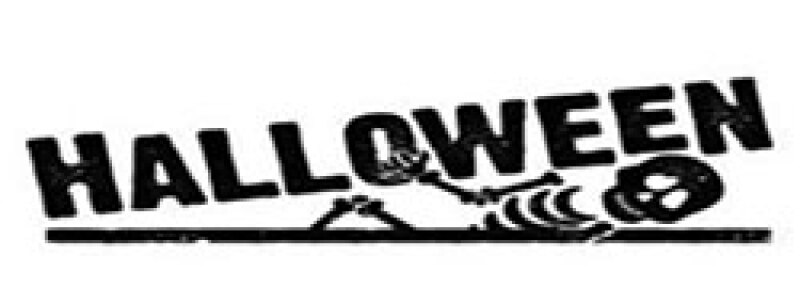An applicant filed a trade mark application for Halloween in respect of goods in classes 4, 9, 16, 21, 24-26 and 28 (see picture).

The examiner in the patent office rejected the application, then the applicant appealed the decision of the examiner at the appellate board and again lost. The rejection was based on a number of considerations.
Halloween is one of the oldest holidays in the world. It is a mixture of Celtic and Christian traditions to worship their saints. The origin of Halloween dates back thousands of years. There is a Celtic festival named Samhain which marks the end of the harvest season and the beginning of winter or the darker half of the year. It may also be associated with Pomona, a goddess of fruitful abundance in ancient Roman religion. Ireland is considered to be the home country of Halloween though it is the United States where the traditional Halloween is celebrated on a large scale.
It came to Russia in the 1990s and remains exotic and ambiguous. It imbibed some of the traditions and is a holiday in a jocular and chilling style with specific paraphernalia, such as fancy dresses, masks, toys and souvenirs associated with specific subjects such as monsters, devilry, witchery and death. Though the holiday is not yet very popular, shops in many Russian cities and online stores offer a vast array of goods related to Halloween.
The collegium of the patent office concluded that the word Halloween is not distinctive and cannot represent its main function – individualize the goods in classes 4, 9, 16, 21, 24-26 and 28 (these goods are attributes of holiday fancy dresses, masks, knick knackery, glasses, post cards and other souvenir products). The word needs an unrestricted use and giving exclusive right to that word will deprive other persons from using it.
Besides, even though the claimed designation features a word element – "Halloween" which denotes a holiday – it also includes a symbol of death, a skeleton. According to the collegium of the patent office one cannot deny the fact that the image of skeleton symbolises a mummy, parched up body and eventually death. All this creates a negative connotation of the designation.
In this way, the patent office saved Halloween from being usurped by one person and allowed it for use by anybody who likes devilry.

|
Vladimir Biriulin |
Gorodissky & PartnersRussia 129010, MoscowB. Spasskaya Str25, stroenie 3Tel: +7 495 937 6116 / 6109Fax: +7 495 937 6104 / 6123pat@gorodissky.ru www.gorodissky.com










